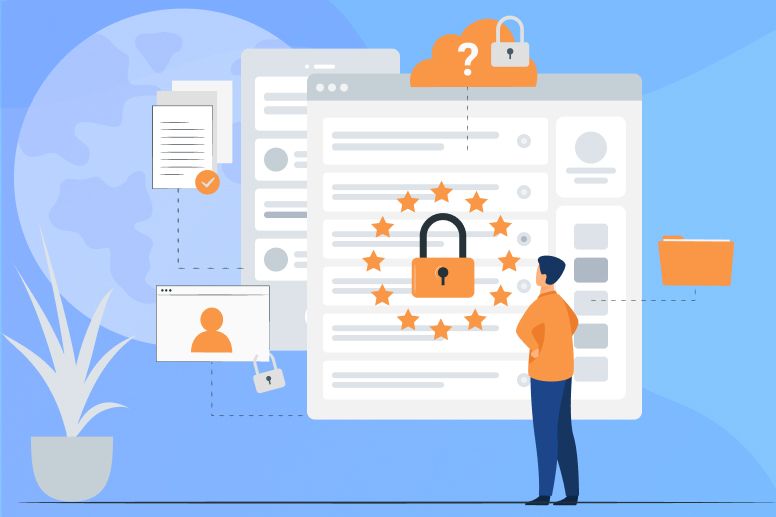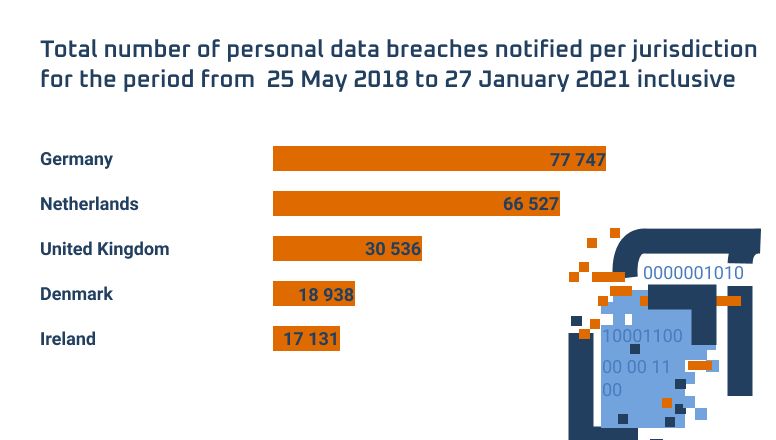How to Win the Data Battle in Today's World


How the CLOUD Act upsets the balance of data protection
The law seriously affected the General Data Protection Regulation (GDPR), which protects the personal data of individuals and legal entities in the European Union and beyond. The GDPR enables people to better control their personal data and introduces strict requirements relating to data transfers to third countries, requiring a legal basis for this.
The independent European Data Protection Board (EDPB) has concluded that U.S. service providers who are also subject to the EU GDPR cannot legally base the disclosure and transfer of personal data to the US even if it’s based on a warrant or other court orders. The transfer of data outside the EU is only acceptable if grounded on an international agreement, such as an MLAT.
What are the conclusions and what needs to be done
Leading market players understand how important it is to treat the information provided to them with care. Companies are seriously concerned that their data may be used illegally for commercial purposes. The sole possession of your customers’ data is becoming the key to a successful business in the digital sphere. That’s why the struggle for data will only intensify.
In recent years, the number of cloud service users has increased significantly. This has resulted in a huge amount of data being stored outside the jurisdiction in which it was created. Besides, companies that prefer to use SaaS solutions cannot ensure reliable data protection.

Conclusion
Today companies are concerned about whether the information provided to them is securely stored. As we said, cloud providers fail to ensure adequate protection of customer’s personal data. That’s why you need to weigh all pros and cons before you choose a solution — SaaS, Private Cloud or On-premise. Check in which country the provider is located, what laws it obeys and how it operates.
You might be interested in:
End-to-end analytics makes marketing manageable and completely transparent and saves the budget. You always know that you are investing in effective channels and the right actions.
Read moreHunting for a fresh & creative idea to boost customer engagement and increase sales?
Read moreFor those who have been waiting for updates in our platform for a long time.
Read more



